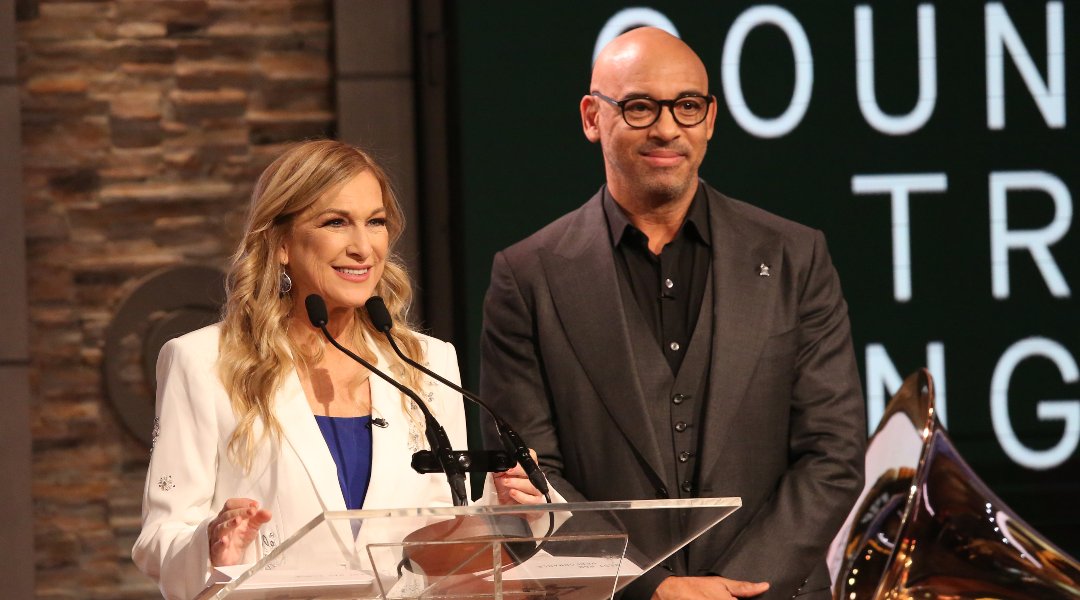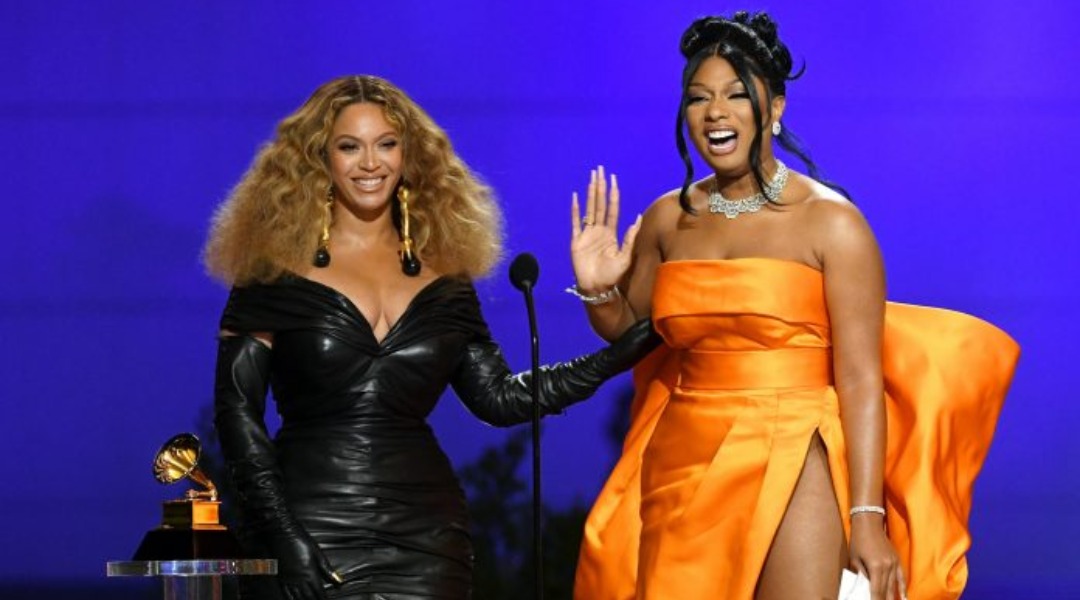Once again, the music industry’s most prestigious awards ceremony shows favoritism and racial biases.
Over the past decade, the Grammys has faced numerous controversies and criticisms. These include anything from voting fraud and sexual harassment allegations to overlooking the achievements of artists of color. Leading up to the 63rd Grammy Awards, Canadian singer The Weeknd announced on social media that he would no longer submit his music to the awards show. This came after his critically-acclaimed album After Hours didn’t make it to the list of 2021 nominees.
This isn’t an isolated incident. Artists like Halsey, Nicki Minaj, and Zayn Malik expressed frustration as well over the lack of inclusion and transparency. The Grammys have notoriously been secretive about their voting and nomination process.
But the show must go on, as the cliché goes. This year’s Grammy’s was a series of televised live events from five small stages at the Los Angeles Convention Center.
RELATED READS: Prince Harry And Meghan Markle Have Themselves A Day: Bombshells Are Dropped

The ‘secret committees’
Former Recording Academy CEO Deborah Dugan filed a lawsuit against the awards show last year. Apart from the sexual harassment complaint against her predecessor Neil Portnow, she reveals in a 44-page complaint that the awards show was manipulated by “secret committees.” She claimed that white men dominate the decision-making when it comes to the awards.
These committees, as Dugan further explains, are industry insiders. Former and current Academy members attest to this. They point out how those in the review committees advocate for certain artists even when the latter are not part of the top selection by the voting membership. For instance, Dugan divulges that in 2019, an artist and their representative became part of the nominating committee for Song of the Year. Worse, the review committees wrote in a total of 30 artists, separate from those initially voted for.
With these inner workings, it goes to show the entire process is built on conflicts of interest. Dugan says this holds true when lobbying for a specific artist can lead to financial gains for its respective representative.
RELATED READS: Be Mindful Of Toxic Positivity—And How To Stay Clear Of This Attitude

Lack of diversity
Over the years, the Recording Academy has demonstrated a tradition of ignoring Black artists or lumping them into limiting categories and racial designations like “urban contemporary.” The latter is where Beyonce’s Lemonade album fell under despite being critically acclaimed by Rolling Stone among legions of other industry voices.
Black performers made up 38 percent of Billboard charts from 2012 to 2020. However, only 26.7 percent have been nominated in the Grammys. For instance, the biggest award Album of the Year mostly went to white artists like Adele, Taylor Swift, and Beck. The last time a Black artist took home the award was in 2008, when Herbie Hancock won for River: The Joni Letters. This means in the past decade, work by non-white nominees including Jay-Z, Kendrick Lamar, Frank Ocean, Rihanna, and Drake were widely praised, but never won the top prize.
Similarly, rapper Childish Gambino was the only Black artist who won Song of the Year for This is America since 2009. As for Record of the Year, Pharell Williams won for Get Lucky in 2014 and shared Album of the Year with Daft Punk. Chance the Rapper was the last to win Best New Artist in 2012 until Megan Thee Stallion snagged this in 2021—an entire nine years later.
While popularity doesn’t instantly mean artistic merit, there remains a lack of diversity in the awards ceremony. Despite adding other non-white nominees like the South Korean group BTS, the awards were handed elsewhere. In BTS’s case, if their culturally impactful Dynamite has won the Best Pop Duo/Group Performance, then it would have been a historic win. To the disappointment of many fans, the award went to Lady Gaga and Ariana Grande for Rain On Me.
RELATED READS: The Class Act’s Guide To Social Media Etiquette

Dubious impact
With the numerous controversies, it is no surprise how the Grammys keep losing viewership—and by extension, relevance. Last year, the time when Billie Eilish swept five awards, the show had 16.54 million views, down from 19.9 million in 2019. But even without the numbers, with people calling out the awards ceremony for their racial and gender biases and secretive voting processes, the ratings are moving to lower levels. Besides, do fans still want to see their favorite artists continuously get snubbed and toppled by racial prejudices? The trending Twitter hashtag #scammys prove otherwise.
Until the Grammys do a thorough change in their institution, their relevance will be constantly questioned. For now, we can only laud the domination of women for the four major awards: Billie Eilish for Everything I Wanted as Record of the Year, Taylor Swift for Folklore as Album of the Year, Dernst Emile II, H.E.R., and Tiara Thomas for I Can’t Breathe as Song of the Year, and Megan Thee Stallion as the Best New Artist.
Click here to see the full list of winners.





